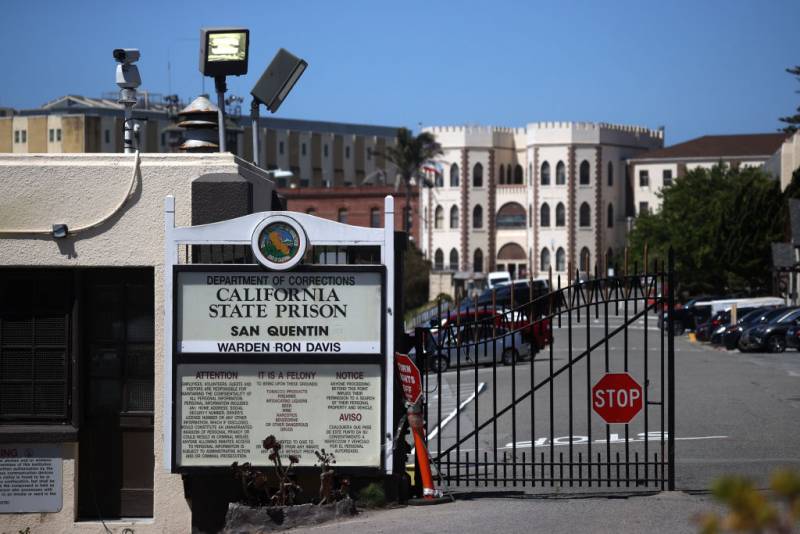“Our issue will be, does it shield people from having to disclose certain convictions that employers should have a heads up about?” he said, citing an example of a person who went to prison for embezzling from a senior and then wanted to get a job at a nursing home.
But Morse said his group is in agreement with the “premise” of the bill.
“The most important thing is that there’s nothing worse than being charged with a crime you didn’t commit and for that to come back and haunt a person down the road,” he said. “It’s unacceptable.”
Los Angeles resident Stephanie Jeffcoat said she spent 10 years in and out of jail for crimes related to her drug addiction. But after getting sober, she had job offers rescinded because of that record.
“When is our time ever going to be done? Even though we have gone to jail, gone to prison, we’ve served our time, there’s still so many barriers that we are faced with upon our release,” said Jeffcoat, who is now an organizer at the Los Angeles-based advocacy group A New Way of Life, which works to restore rights to formerly incarcerated people.
Jeffcoat said that allowing people to move on from their past convictions will make everyone safer, noting that barriers to employment, housing and other opportunities can actually increase the chance that someone will offend again.
“People end up having to commit what we call these ‘survival crimes,’ because they’re not able to get employment. They’re not able to fully provide for their families,” she said. “So now they have to go back to doing things that they did before that may have sent them to jail or prison just so they could be able to survive and provide for their families.”

